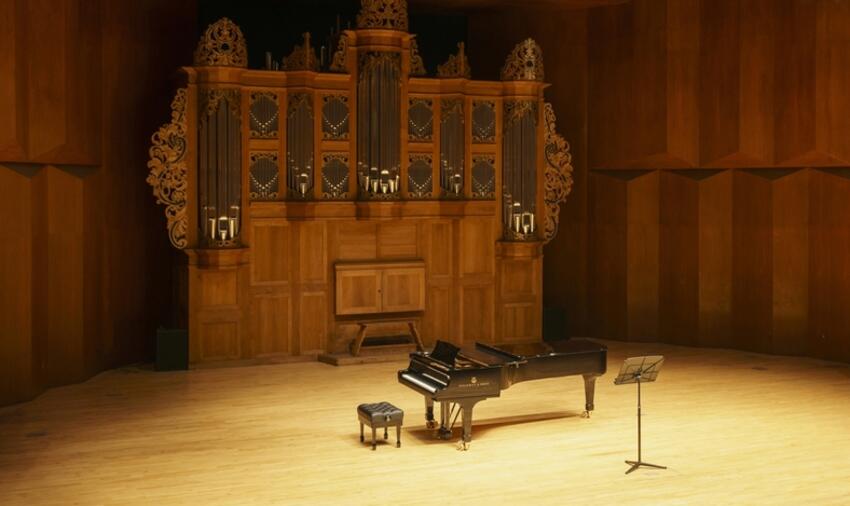Is high culture delegitimized?
Is high culture delegitimized?

 Image Stock for You (via Shutterstock)
Image Stock for You (via Shutterstock)
CRIS Scientific Seminar 2023-2024
Friday, April 12th 2024, 11:30 am
Sciences Po, Room K008 (1, St-Thomas-d'Aquin)
Is high culture delegitimized?
Cohort variations in participation rates in the arts in France and the United States (1973-2018)
Stéphane Dorin
Professor, University of Limoges
Philippe Coulangeon
Senior Scientist, CNRS, Sciences Po - CRIS


This study examines the decline in highbrow cultural participation since the last decades of the 20th century with regard to the debates and cross-fertilization of European, especially French, and American cultural sociology.
We use data from four decades of large-scale surveys in France and the US to compare the two countries with regard to the role of high culture in social stratification and the relation of more recent cohorts to what is usually considered 'high culture.' (i.e., the most institutionalized and broadly recognized forms of prestigious culture throughout Europe and the Americas).
Focusing on two emblematic and debated high culture practices – reading literature and attending classical music concerts – we implemented the APC-I model (Luo and Hodges, 2022) to disentangle the age, period, and cohort dimensions of the observed temporal change. We identified significant inter-cohort differences and intra-cohort dynamics in the evolution of participation in high culture in both the US and France, even though educational attainment remains a major driving factor of high culture participation rates.
These cohort effects reflect the time lag observed in the chronology of secondary education expansion in the two countries. However, they are stronger in France, and there are two different patterns for older cohorts between the two countries, whereas younger cohorts tend to converge in their declining participation rate in artistic activities.
We also address the sociological question of cohort behavior and identify various patterns of intra-cohort life course dynamics that both confirm and challenge the usual notions of temporal dynamics of taste formation and cultural participation, beyond the assumption of constant and additive cohort effects.
The comparison between the two countries highlights the changing definition of cultural capital over time and place and its relationship to educational expansion, which leads us to challenge the idea of a decline in the arts as the major form of cultural capital in France and the US.
Open Seminar. Please register here to join us!









